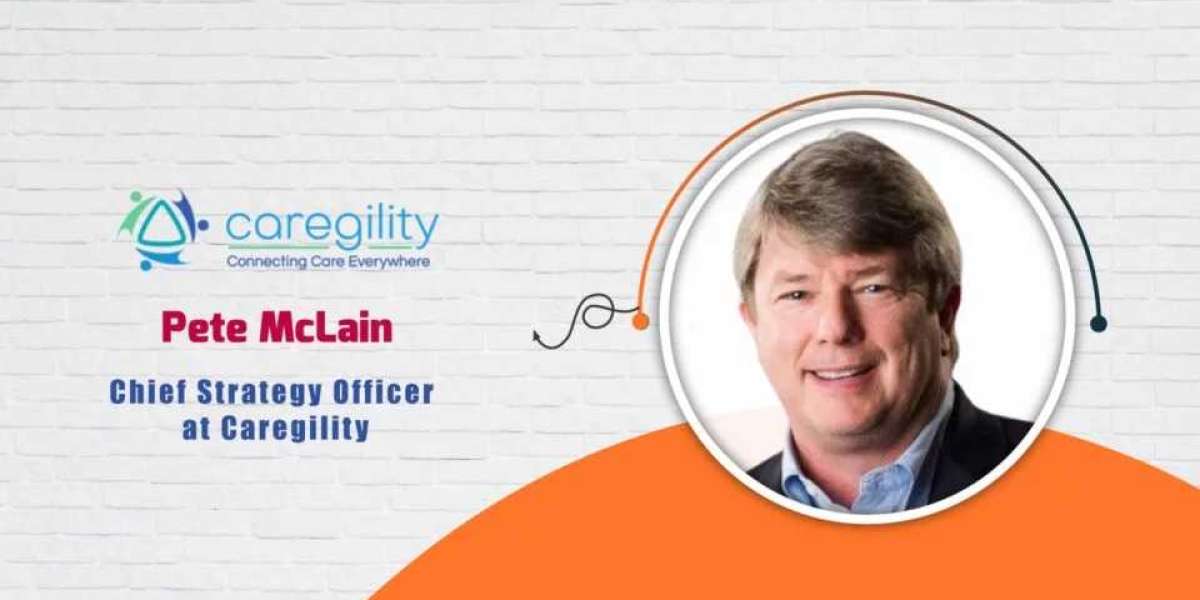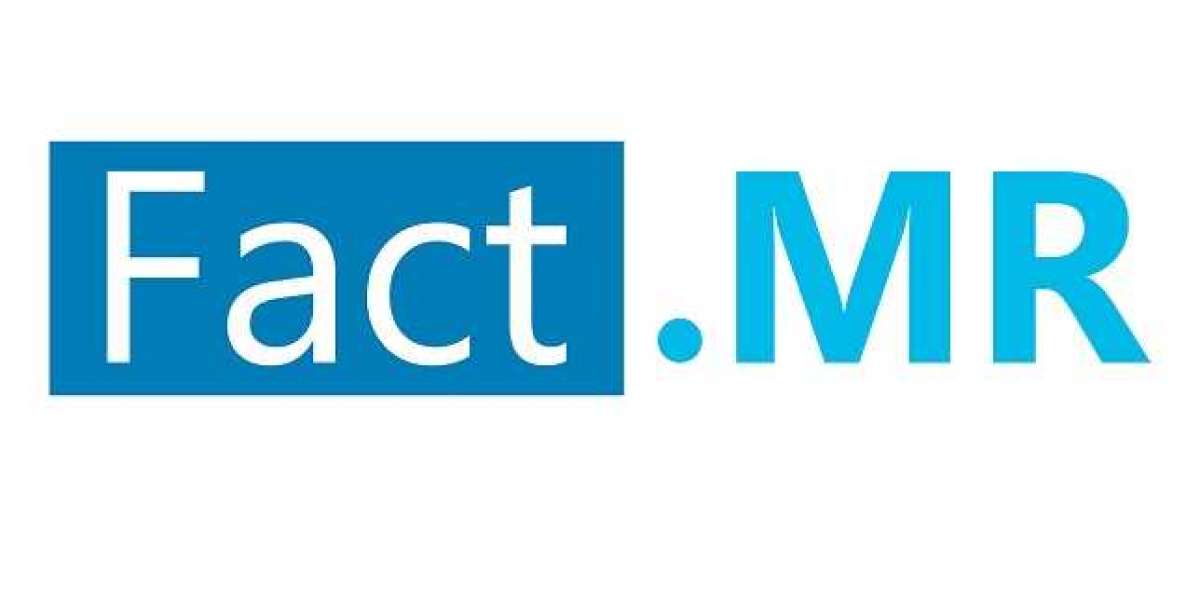Kindly brief us about yourself and your role as the Chief Strategy Officer at Caregility.
I have over a decade of experience in telehealth video and communications solutions with 20 years of overall experience in the healthcare industry. I have served in various strategic, business development, and sales leadership positions at healthcare technology manufacturers such as Rubbermaid Healthcare, C Port Solutions, Johnson Johnson, DePuy, and Zimmer. I now lead the overall product and solutions strategy at Caregility, driving innovation, value, and business expansion in the healthcare market. I joined Caregility in 2014 to build out our strategy as a video conferencing company and how we use video as a way to deliver patient care. As the industry has evolved, we are now developing a strategy for how AI fits into care delivery – and that is exciting.
In your opinion, what are some of the most promising AI applications in healthcare today?
There are several promising AI applications in healthcare. Clinical decision support is a big one and this is different from clinical decision making. Currently, lots of data is being collected about patients and having an algorithm or database management engine that sifts through all the information and identifies things that are relevant that the caregivers need to know is extremely important. While this is happening, it is important to identify trends in the data, such as whether a patient is deteriorating and a physician needs to intervene. This type of AI solution is not new, but it is extremely helpful. Supporting clinical decision making with data, trends in the data, and predictive algorithms can make a difference between life and death.
Another promising area for AI is that the technology can replicate some of the mundane work that caregivers have to do such as vital sign collection. A nurse can now do this in a contactless way using a camera, a radar device, or a wearable that’s just like a patch to collect vital signs. AI can help continuously bring awareness to doctors and nurses about a patient condition and/or changes in the patient.
AI can also be used to detect what a patient is doing in their room. Are they lying on the bed? Are they sitting up? Are they out of the bed walking around? Have they fallen on the floor? Then an alert can be sent to a nurse at the nurse’s station or maybe to a virtual nurse to follow up with the patient.
How do you think AI technology can improve patient outcomes and experiences?
AI can detect deterioration or other conditions in patients that can enable early intervention, preventive maintenance, or other types of necessary interactions. The concept of being able to catch things earlier could certainly help with patient outcomes and experiences. Another area of AI is called ambient clinical intelligence – taking a recording of the doctor/patient conversation, and then documenting the conversation into the medical record. This saves time from a nurse sitting at a computer trying to re-enter the information. This contributes to accurate information, and also frees up the medical staff to provide better patient care. It definitely allows clinicians to work at the top of their license.
To Know More, Read Full Interview @ https://ai-techpark.com/pete-mclain-caregility-aitp-interview/
Read Related Articles:














